Rain, humidity and thunderstorms delayed harvesting and crop progress in Saskatchewan during the week ended Aug. 18, 2025.
Barley

Saskatchewan Crop Report: Rain, humidity delay harvest progress
Provincial harvest only three per cent complete

Feed Grain Weekly: Barley seeing low prices, demand
Feed barley prices may continue to decline
Feed barley prices continue to have an advantage over feed corn and prices may go lower, said one trader.

Feed grains weekly: USDA ups global coarse grain estimate
Production up 4.4 per cent on year
Total world coarse grain production in 2025/26 is forecast to be up by 25 million tonnes from earlier estimates, largely due to increased corn production in the United States, according to the latest Feed Outlook from the U.S. Department of Agriculture, released Aug. 14.
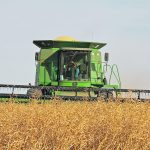
Saskatchewan Crop Report: Varied precipitation as harvest begins
Dry areas begin harvest operations
Some areas of Saskatchewan received more than 100 mm of rain during the week ended Aug. 4, 2025, but others had little to none. Harvest operations began in those dry areas.
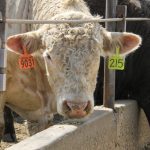
Feed Grain Weekly: Barley, wheat competing with U.S. corn
Western Canadian grains hold price advantage
While U.S. corn prices are falling, Western Canadian feed barley and feed wheat still have price advantages, said a Lethbridge-based trader.
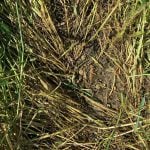
Creating new guidance for true armyworm and cereal leaf beetle
Older understanding of the pests can be updated by new research and technology
As populations of true armyworm and cereal leaf blight increase across the province, early detection through filed monitoring is key to protecting crops and preventing losses
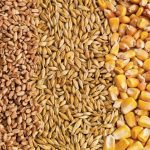
Feed Grain Weekly: Rain weakens Alberta prices, rest of Prairies remains firm
Farmers should shop around
Feed grain prices in Alberta moved lower following recent rains, said Susanne Leclerc, owner of Market Master Ltd. in Edmonton. However, she suggested prices could increase prior to the coming harvest.

Feed Grain Weekly: Buyers holding off from making purchases
Weak demand stems from shortage of replacement cattle
Weak demand continues to hamper prices for feed barley and wheat, said Darcy Haley, vice-president of Ag Value Brokers in Lethbridge.
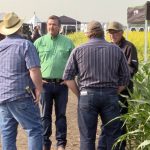
Interest in biological crop inputs continues to grow
Nutrien exec shares thoughts on uptake and profitability of biological crop inputs
It was only a few years ago that interest in alternative methods such as biologicals to boost a crop’s nutrient uptake seemed to spike in popularity. But according to Spencer Harris, senior vice-president of global ag retail for Nutrien Ag Solutions, biologicals are not all that new for Nutrien — the global ag retailer has been researching biological crop inputs for nearly two decades.
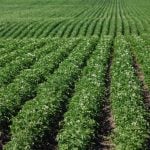
Alberta Crop Report: Rains in the south, dryness in the north
Rain fell onto the southern half of Alberta last week, while hot and dry conditions persisted in the northern half, according to the province's crop report released on July 18.
